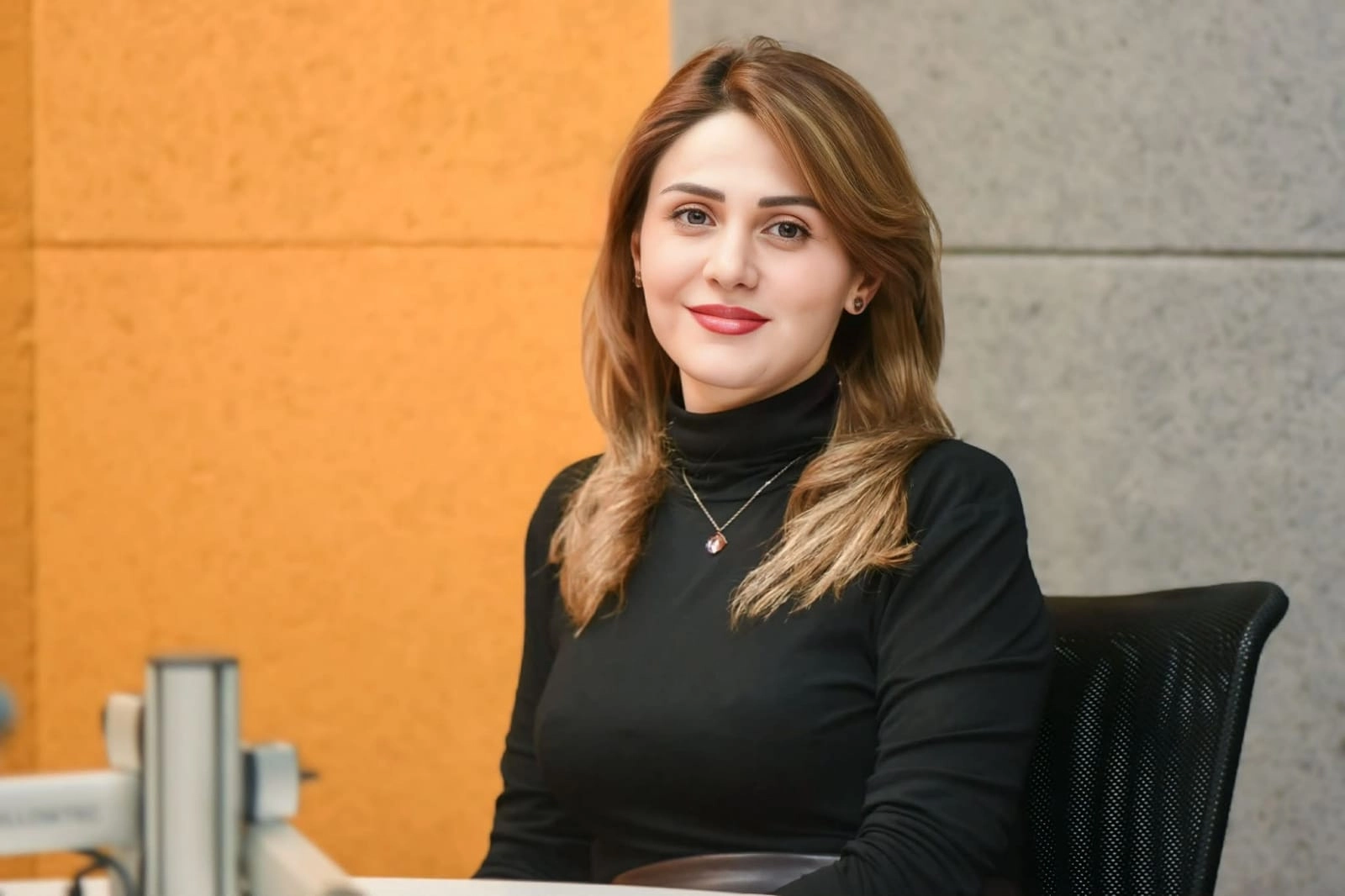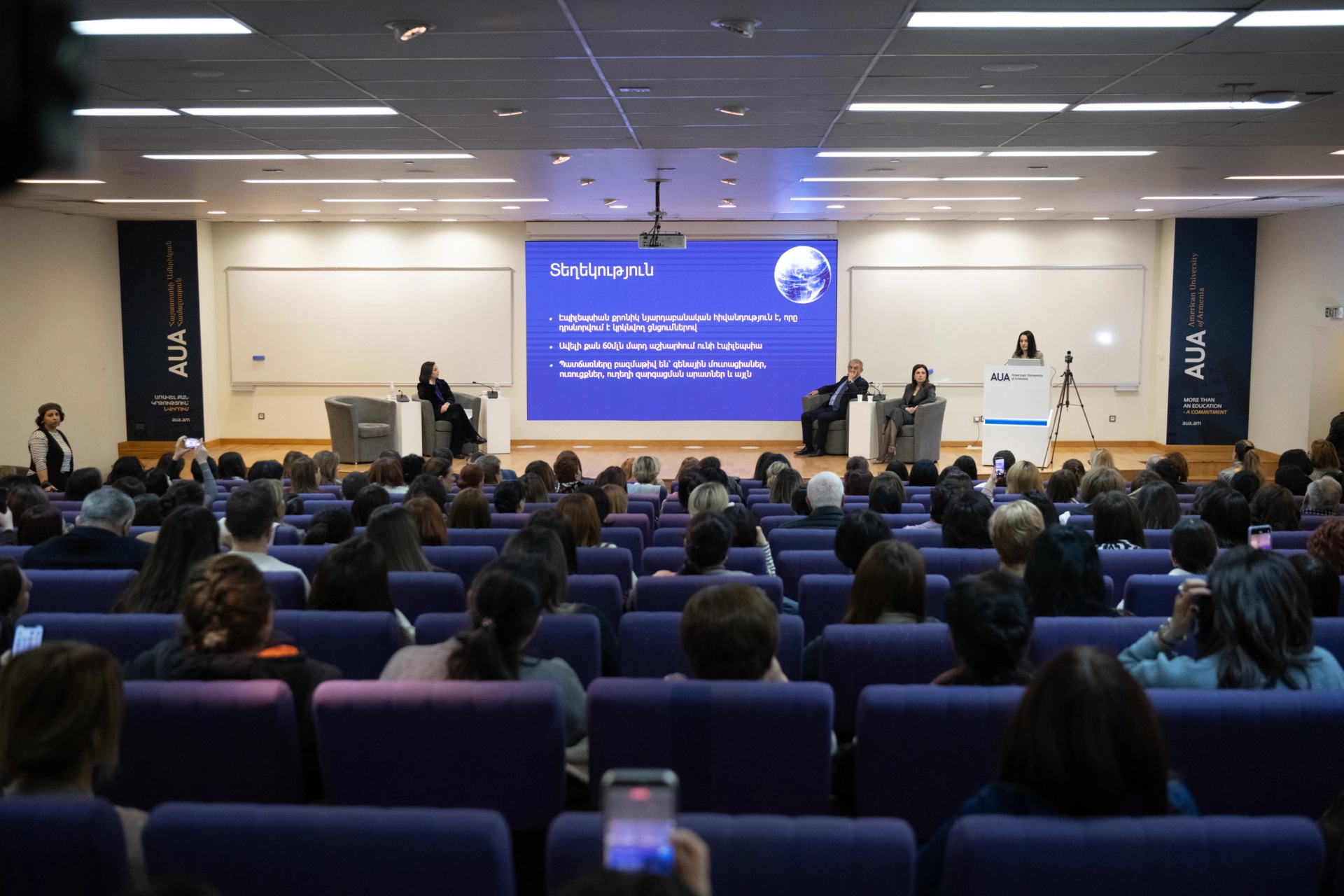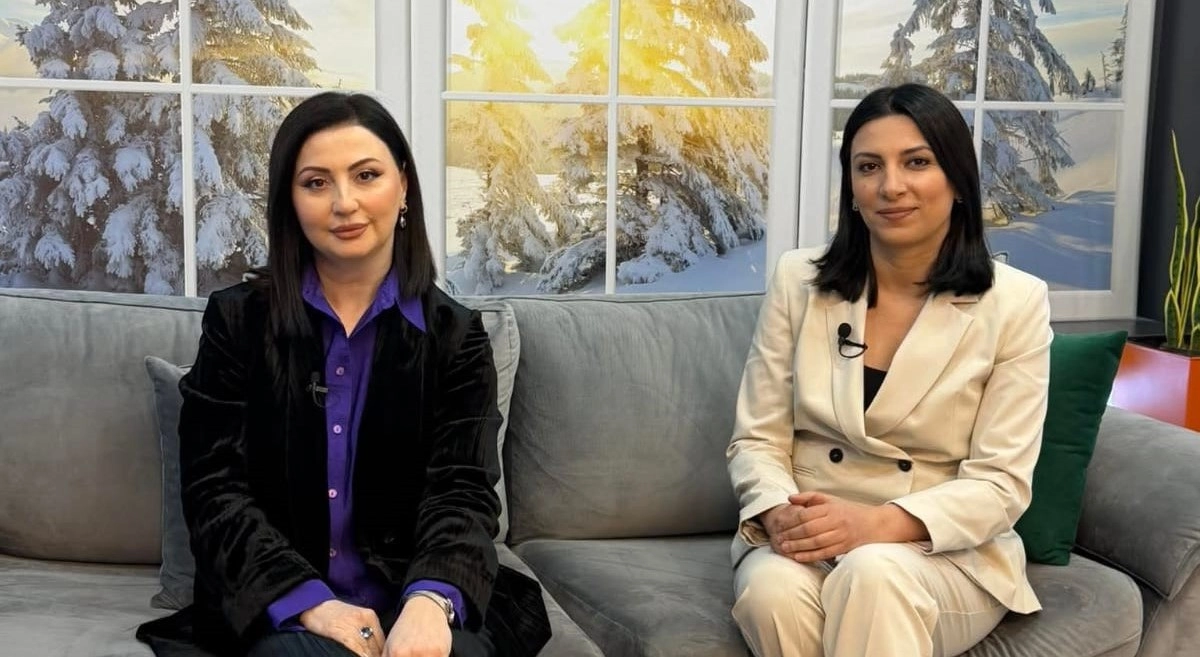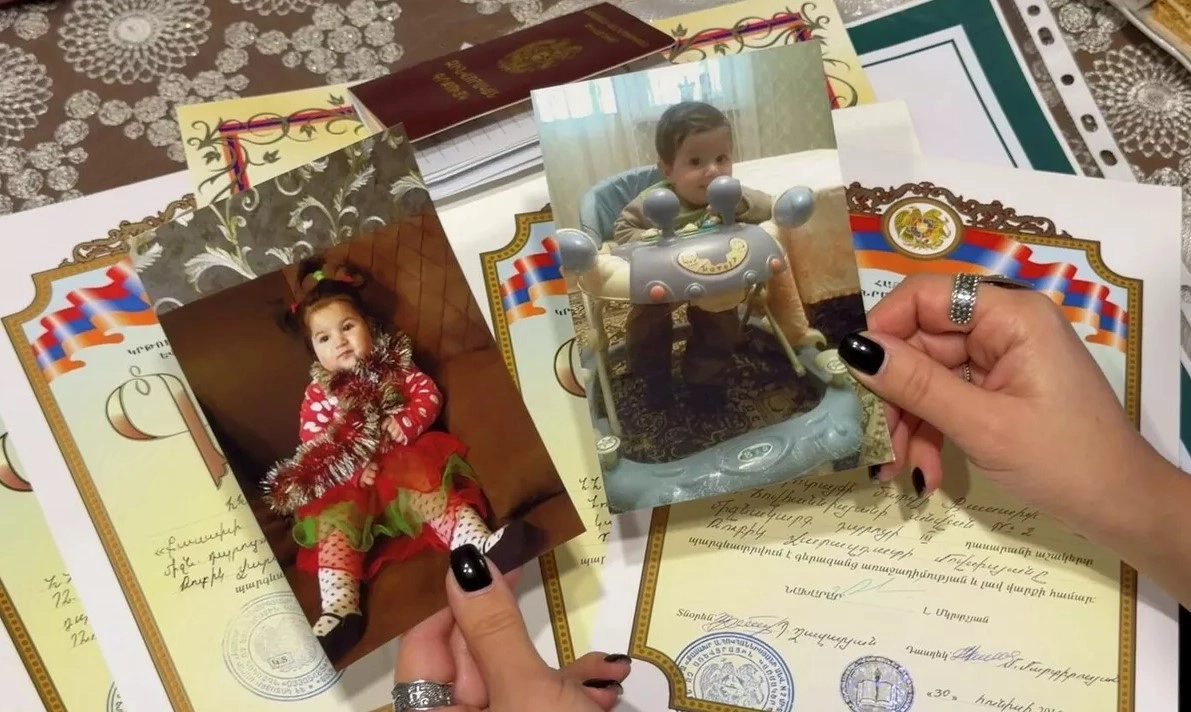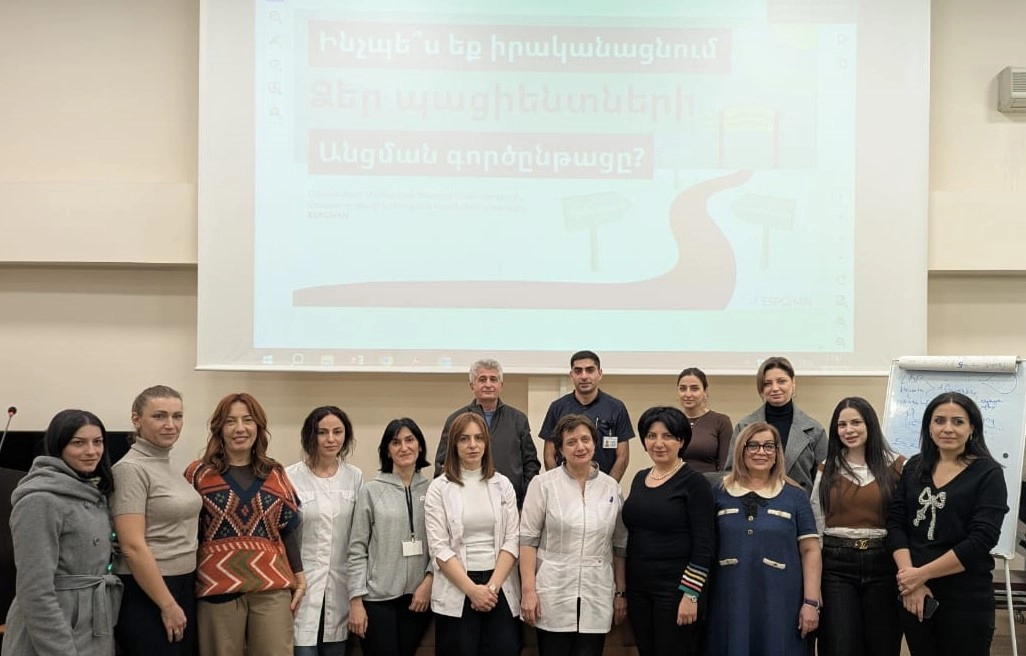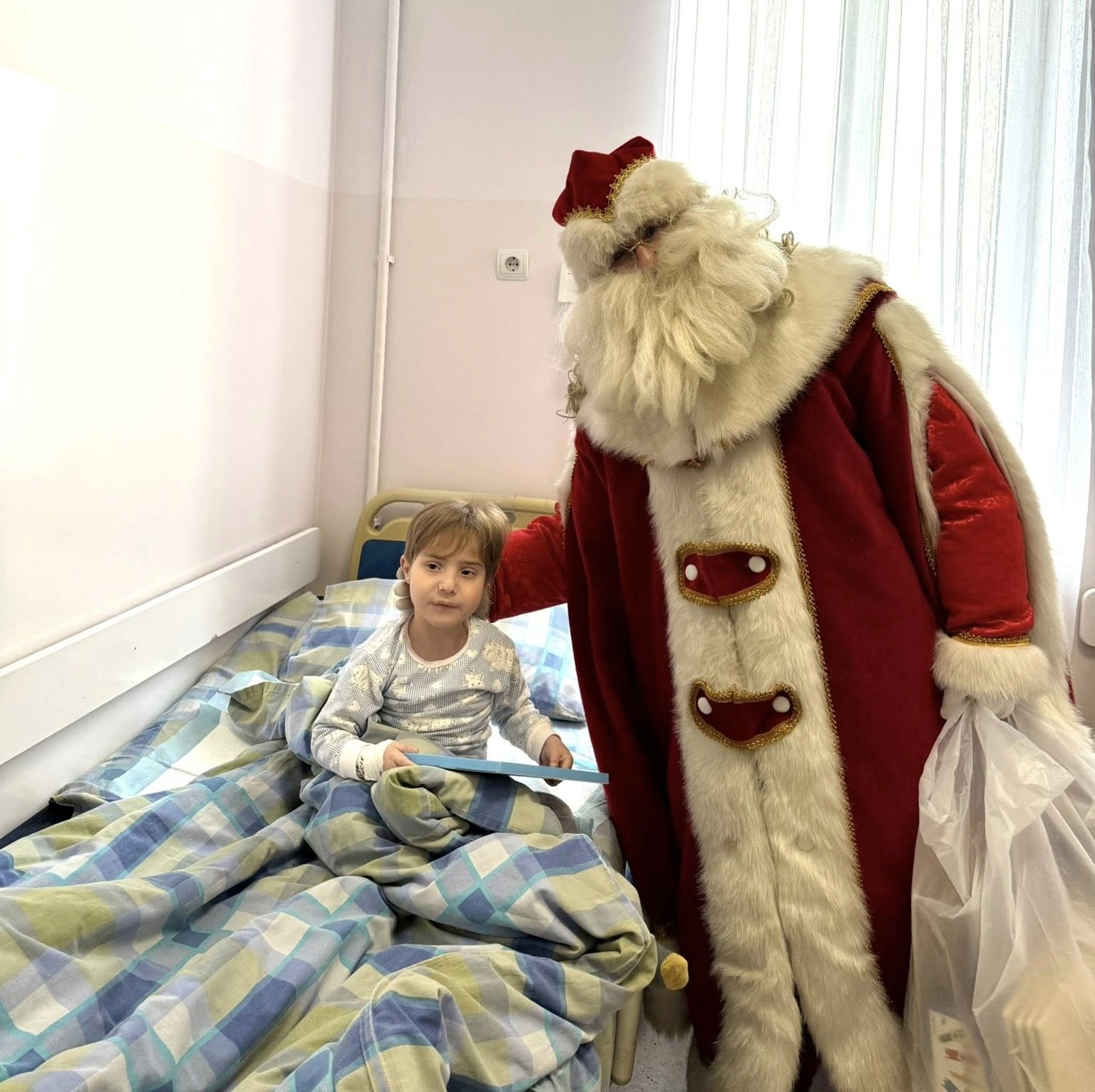One-year-old Monte, who was transported from Artsakh to Armenia by helicopter, is showing positive progress and we remain hopeful for his full recovery without any lasting effects.
The team at "Arabkir" Medical Center is dedicated to providing the best possible care for all our patients in need, including little Monte.
We would like to highlight that last week, Biayna Sukhudyan, the head of the Neurology and Epileptology service of "Arabkir" MC, returned to Artsakh with the assistance of the Red Cross. She has been in Artsakh for two months since the day before the blockade. There are no pediatric neurologists in Artsakh, while the demand for their services is high.
Thank you, dear doctors!
Thank you, Azatutyun Radio Station!
-
Monte is still being cared for in the intensive care unit, but what is important is that he has regained consciousness, opened his eyes, is able to move his arms and legs, and sometimes watches cartoons.
On June 24th, a one-year-old baby from Artsakh was transported by helicopter in an extremely critical state, with the assistance of Russian peacekeepers. During that time, the Hakari checkpoint was closed by the Azerbaijani side even for seriously ill patients. The helicopter carrying Monte landed in Sisian, where the specially equipped resuscitation vehicle from the "Arabkir" Medical Center was awaiting for his arrival.
"Upon admission, Monte’s condition was severe, presenting with brain inflammation and impaired consciousness and motor functions," explained Ashot Gyulbudaghyan, the head of the intensive care and resuscitation department of the "Arabkir" Medical Center.
According to Gyulbudaghyan, during the child's initial treatment at the "Arevik" Children's Hospital in Stepanakert, attempts were made to manage his condition through remote consultations. However, it eventually became clear that this approach was not feasible. The child was initially admitted with tonsillitis, but the virus later entered the nervous system, affecting the brain.
"This child specifically required antiviral medicine, of which there was only one or two available," stated the head of the resuscitation department of the "Arabkir" Medical Center.
"We needed certain specific tests that are only conducted in Armenia," said Ani Sharyan, a pediatric neurologist at the "Arabkir" Medical Center.
The resuscitation, neurology, and rehabilitation specialists have already initiated their work. The doctors of "Arabkir" emphasize that the baby's life is no longer in danger and they hope that a complete recovery will not be delayed.
Various specialists approach the small bed named "Monte" one by one, conducting rehabilitation and neurological exercises.
In Artsakh, the shortage of neurologists is a particularly pressing issue, as emphasized by pediatric neurologist Ani Sharyan. Since 2011, the specialists of the medical center have been regularly visiting Artsakh for consultations. However, the closure of the roads has further complicated the situation. A few days ago, Biayna Sukhudyan, the head of the neurological department, arrived in Stepanakert again with the assistance of the Red Cross.
Only parents can truly know what it means to wait hopelessly with a child who has a serious health condition.
Monte's father, Karen Grigoryan stated, "In the afternoon, we were informed that the child would be transported to Armenia. We got ready, then we were informed that there are problems on the Azerbaijani side, with the air route not being opened. Negotiations were conducted throughout the night, and at 10 o'clock in the morning, the air route was finally opened. We were then transported to Yerevan by helicopter."
Monte's parents endured a day of waiting in Stepanakert, as their child was already experiencing seizures, hoping for permission from the Azerbaijani side to allow the child to be airlifted to Yerevan. Karen Grigoryan, the father, has yet to see the child in the intensive care unit. He only imagines his face with a smile, reminiscent of happier times before the unfortunate tonsillitis.
The medical staff updates the parents twice a day on the child's health condition and occasionally permits the mother to visit her son.
"As soon as I utter a word, the child starts crying, and I leave,” said Narine Melkumyan, the mother.
Karen and Narine are waiting for their son's recovery in the accommodation provided by the hospital. They hope that a land or air journey will take the three of them to Martakert in a good mood.

 English
English
 Հայերեն
Հայերեն Русский
Русский
